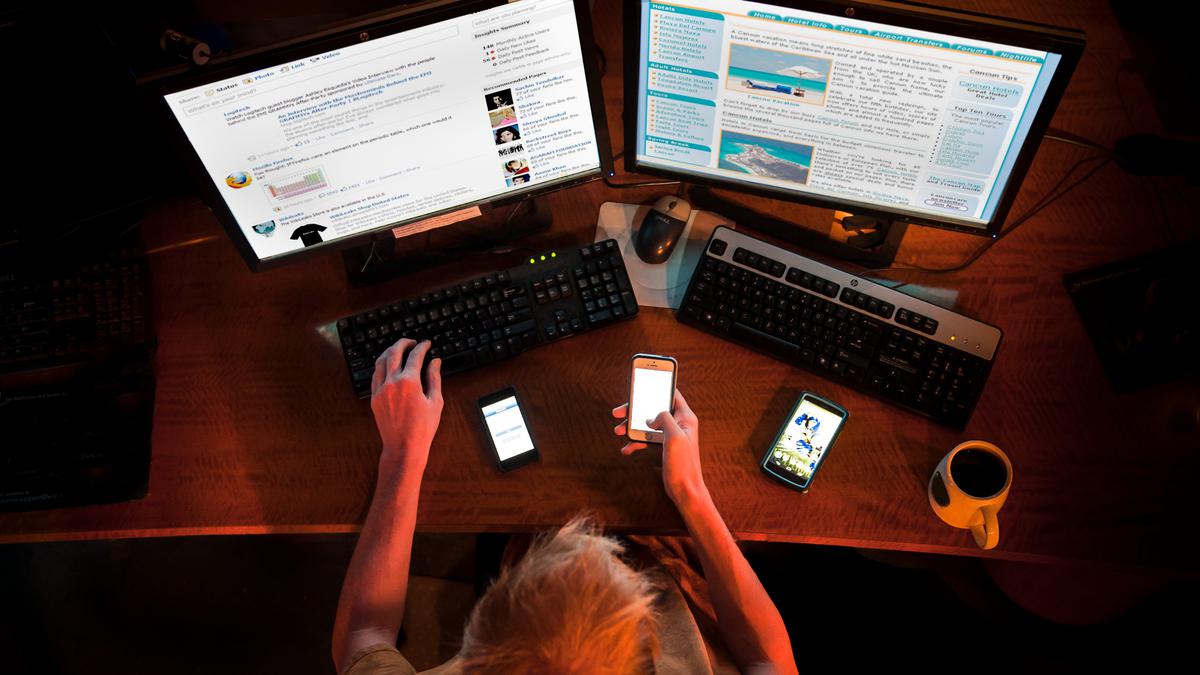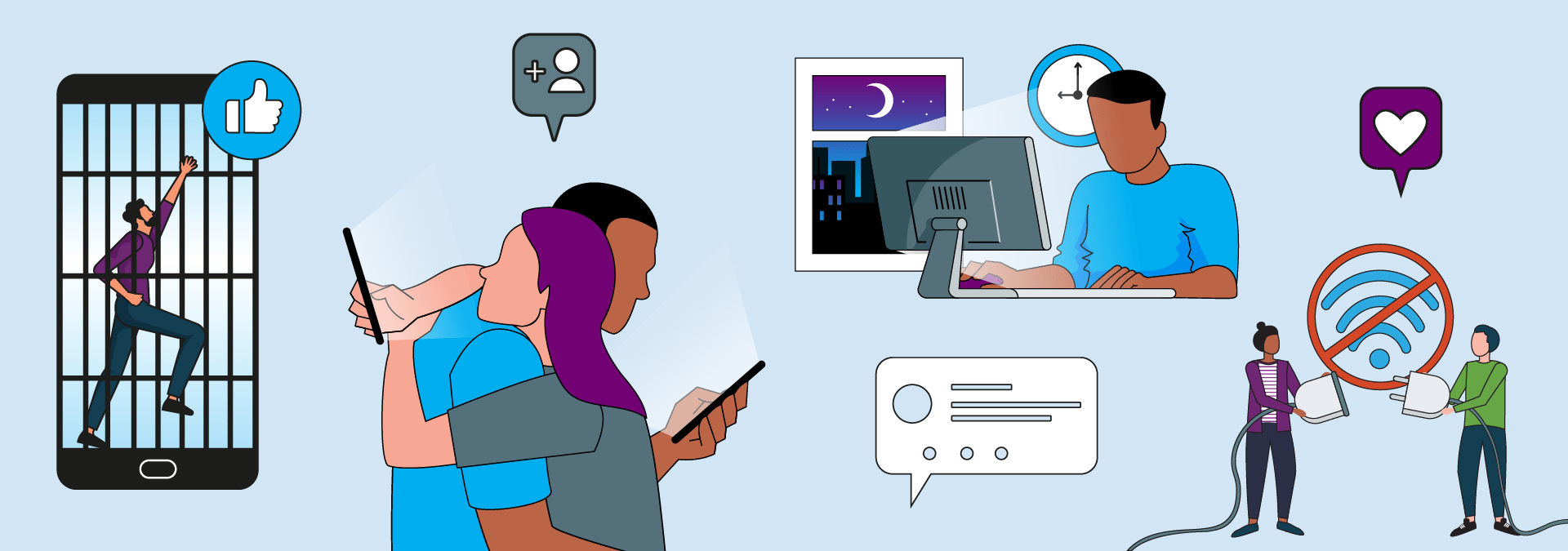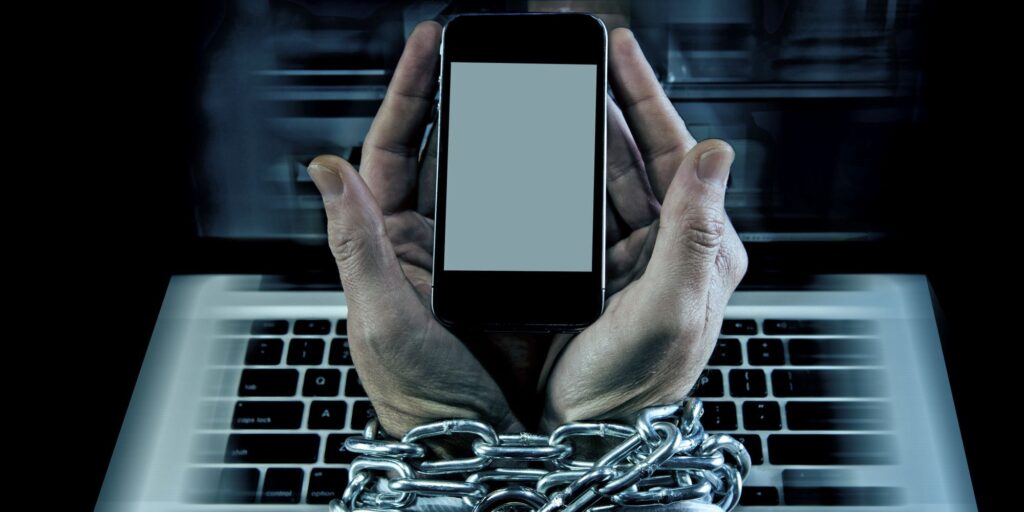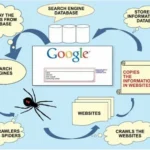In today’s fast-paced digital world, the internet is an essential tool for communication, work, learning, and entertainment. However, with its ubiquitous presence, many individuals find themselves caught in the cycle of internet addiction. Whether it’s excessive social media use, constant web browsing, or an uncontrollable need to check emails, internet addiction can negatively impact both mental and physical health. Fortunately, overcoming internet addiction is possible with intentional efforts and the right strategies.
1. Recognize the Problem
The first step in overcoming internet addiction is acknowledging that it exists. If you find yourself spending excessive amounts of time online, neglecting your responsibilities, or feeling anxious when disconnected, it may be time to reevaluate your internet habits. Self-awareness is key to addressing the issue and starting the journey toward recovery.
2. Set Time Limits and Goals
One effective way to regain control over internet usage is by setting time limits. This can involve using apps or features on your phone or computer that restrict screen time for certain activities or apps. For example, apps like “Freedom” or “StayFocusd” block access to distracting websites during designated hours. Setting specific goals—such as only checking social media for 30 minutes per day or using the internet for productive purposes like learning or working—helps in prioritizing real-life experiences over digital distractions.

3. Establish a Healthy Routine
Creating a balanced daily routine that includes offline activities is crucial. Make time for physical exercise, hobbies, meals with family or friends, and relaxation. Engaging in physical activities such as walking, running, or yoga not only reduces screen time but also improves mood and overall well-being. A well-rounded routine can replace the habit of mindlessly scrolling through your phone or binge-watching content online.
4. Practice Digital Detox
A digital detox involves taking intentional breaks from the internet to reconnect with the physical world. This could mean having a no-screen day once a week, reducing internet use after a specific hour, or designating tech-free zones in your home. A digital detox allows you to reset, reduce stress, and focus on face-to-face interactions and activities that foster real-life connections.
5. Find Support and Accountability
Overcoming internet addiction is often easier with support from friends, family, or professionals. Sharing your goal of reducing internet usage with someone you trust can help you stay accountable. You can also join support groups—online or in-person—where you can connect with others facing similar challenges. If the addiction is severe, seeking help from a therapist or counselor who specializes in behavioral issues may provide valuable insight and coping strategies.
6. Engage in Mindfulness Practices
Mindfulness and meditation can help improve focus, reduce stress, and break the habit of compulsively checking your phone. When you engage in mindfulness techniques, such as deep breathing, body scans, or guided meditation, it becomes easier to disconnect from the overwhelming digital world. Practicing mindfulness also improves self-control, which is crucial when trying to reduce time spent online.
7. Change Your Environment
Sometimes, making small changes to your physical environment can have a significant impact on your internet habits. For example, placing your phone out of reach while working or spending time with loved ones can reduce the temptation to check it constantly. Creating tech-free zones in your home, such as the bedroom or dining area, encourages offline activities and helps you stay present in the moment.
8. Engage in Offline Social Activities
Social interactions play a vital role in breaking the cycle of internet addiction. Engage in offline activities such as joining a local sports team, attending book clubs, or volunteering. These activities provide a sense of community and fulfillment without relying on screen time. Additionally, spending quality time with family and friends in person helps foster meaningful connections and reduces the urge to constantly check social media.
9. Reassess Your Digital Content Consumption
Be mindful of what you consume online. Constant exposure to negative news, sensational content, or unrealistic portrayals of life on social media can fuel anxiety and contribute to unhealthy internet habits. Curate your digital experience by following accounts that inspire and educate, rather than provoke stress or comparison. Regularly evaluate your content consumption to ensure it aligns with your personal values and goals.
10. Seek Professional Help if Needed
In severe cases of internet addiction, it may be necessary to seek professional treatment. Cognitive-behavioral therapy (CBT) has been proven to help individuals manage addictive behaviors by changing the thought patterns that fuel addiction. In some cases, rehab centers specifically designed to treat internet and technology addiction offer structured programs with therapy and support groups to help people regain control over their online habits.

Conclusion
Overcoming internet addiction requires a combination of self-awareness, commitment, and support. By setting boundaries, developing healthier routines, and seeking help when necessary, you can regain control of your time and enjoy a balanced life. It’s important to remember that the internet is a powerful tool, but it should never dominate your life. By taking proactive steps, you can break free from internet addiction and embrace a more fulfilling, present life.




Your comment is awaiting moderation.
Thank you for the good writeup. It in fact was a amusement account it. Look advanced to far added agreeable from you! By the way, how could we communicate?